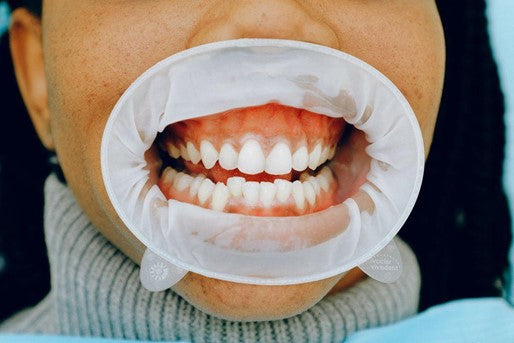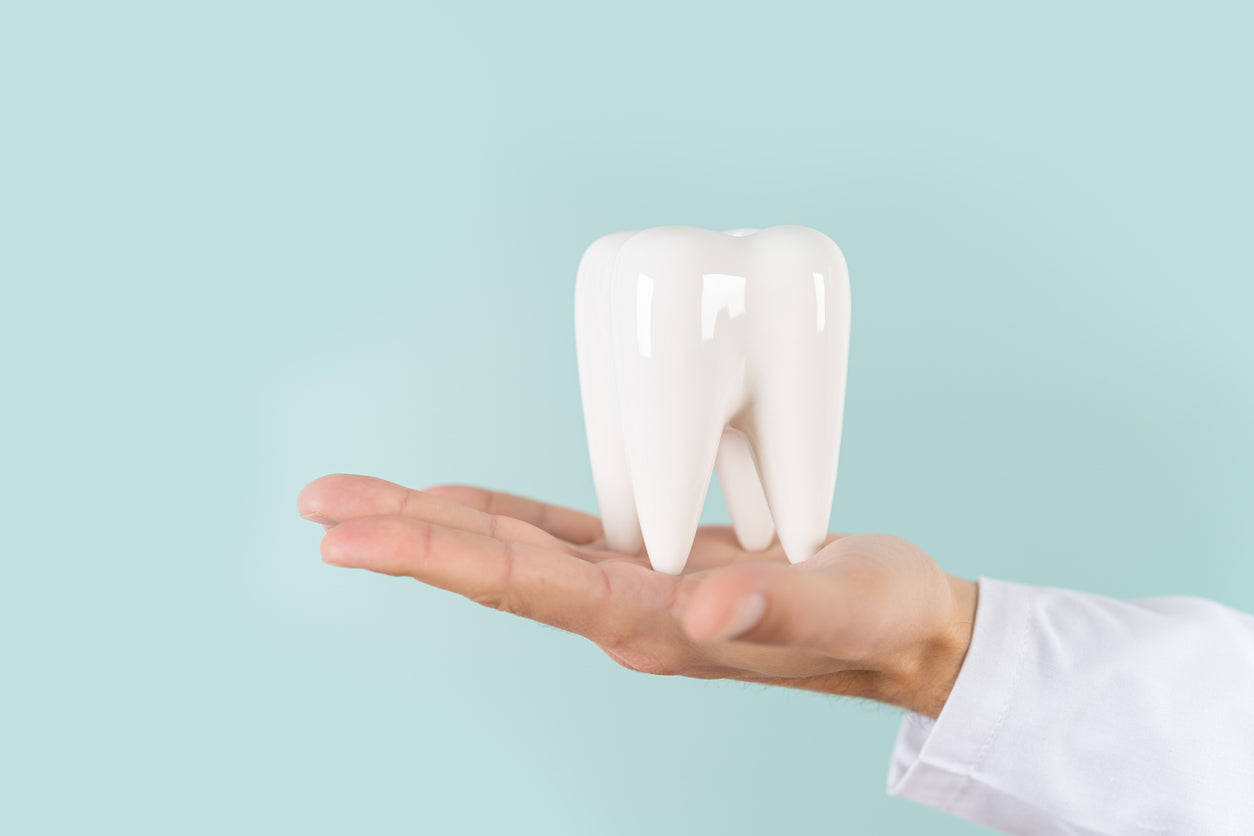Gum disease is a widespread problem, affecting almost half of all adults over the age of 30. Looking after your teeth and gums can seem like a chore, but it doesn’t just prevent you from joining this statistic, it can also keep you safe from other health risks. Research has shown that oral diseases don’t just stay in the mouth and thus disease-causing bacteria from the gums can travel through the bloodstream, causing inflammation or worsening inflammatory diseases such as cardiovascular disease, diabetes, rheumatoid arthritis and cancer. If this has got you worried about the risks gum disease may present to your own health, please read on to find out the key gum disease symptoms to look out for and what can be done to treat the disease.
Gum disease symptoms
Some gum disease symptoms can be easily spotted, whereas others will need the expert opinion of your dentist to verify. That’s why being mindful and aware of the state of your gums and visiting your dentist regularly are vital components of a good oral health routine.
Some of the signs of gum disease you can look out for yourself include:
- Gums bleeding when you brush your teeth
- Gums bleeding when you bite into hard foods such as apples
- Gums looking swollen and red or feeling sore
- Bad breath or a bad taste in your mouth
- Loose teeth
You should always mention these symptoms to your dentist, who can also look for further signs of gum disease such as receding gums and periodontal pockets, gum inflammation and loss of supporting bone.
Can gum disease be cured?
If caught and treated in the early stages, known as gingivitis, gum disease can be reversed and tooth loss prevented. If, however, it is left untreated and develops into periodontitis, the bone structures supporting the teeth will also be at risk, possibly resulting in tooth loss. With ongoing dripping of the bacteria from the gums into the bloodstream, untreated gum disease may also exacerbate or cause other inflammatory diseases as mentioned earlier. This is why it is so important to spot the early signs of gingivitis so it can be treated and the risk of further oral or other health complications reduced.
The good news is that for the majority of patients, gum disease is very treatable and with a good oral health regime, can be prevented from reappearing.
Tips to prevent gum disease
- Brush your teeth twice daily with a fluoride toothpaste
- Use floss or interdental brushes to clean in between the teeth
- Replace your toothbrush at least once every 3 months
- Book to see your dentist regularly, as recommended by them
To find out more about our gum disease treatment please click here or contact us on 01256 353033 to book an appointment.





